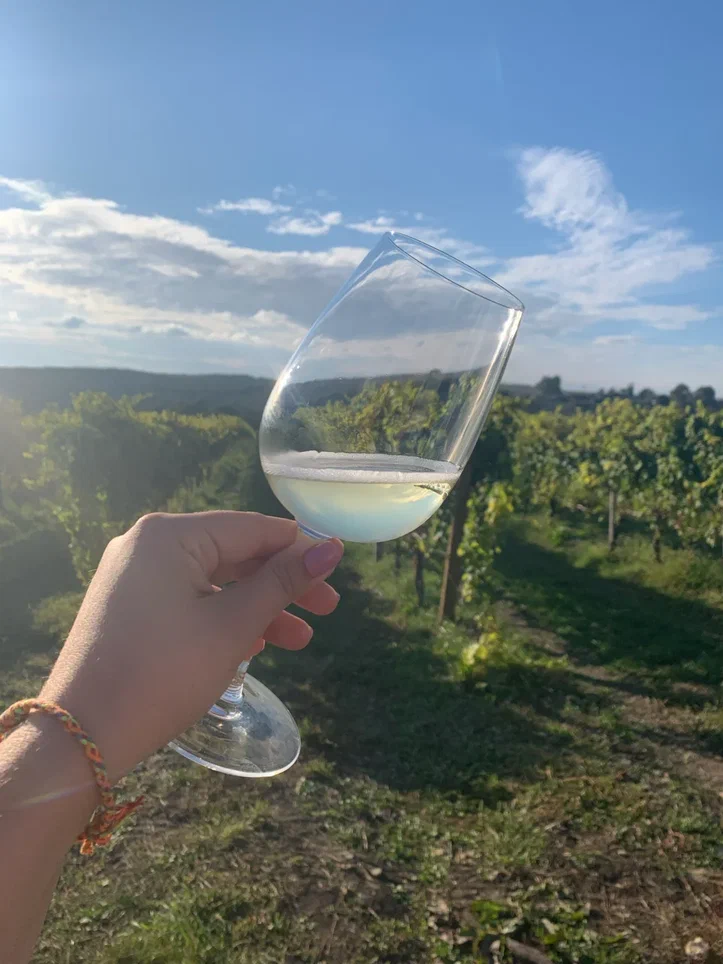

Domestic tourism in Russia grew by 30 percent in 2021, as reported by Izvestia citing an analysis of data on Russian citizens staying at hotels, hostels, motels and guest houses, which was conducted by the Russian Agricultural Bank. We are talking about the domestic tourists and recreational flow at the level of 50 million people by the end of 2021.
Among gastronomic, ethnographic, ecological and event tourism, according to experts, agro-tourism occupies a special place, which makes it possible to take a direct part in agricultural work. Izvestia quoted Vadim Petrov, a member of the Committee for the Development of Sustainable Tourism of the Russian Tourism Industry Union (RCT), as saying that this form of travel has a chance to become one of the most popular: people can rest, but at the same time take an active part in cheese making, learn how to drive a horse-drawn carriage, fry steaks, fish and much more.
The expert believes that, in general, gastronomic tours remain the most popular format for those who want to try traditional dishes and drinks typical of various regions and peoples inhabiting our country. To the greatest extent, this type of tourism is widely represented in the southern regions - the Krasnodar Territory, the Astrakhan Region and the Stavropol Territory, where, among other things, tours to the wine industry are developing at an accelerated pace.
«Rural tourism is, of course, a peculiar form of ecological tourism, many trips are associated with actions to clean up the area from garbage and help preserve endangered plants and animals,» says Vadim Petrov.
«This type of rural tourism, when rest is combined with work, is not so well developed in Russia. This means that part of the day tourists are engaged in agricultural work, and in exchange for this they receive accommodation, food or discounts on accommodation.»
However, despite the rather high demand for rural tourism services, their share in the total market is, according to various estimates, 2-5% in the structure of domestic leisure of citizens. And the increase in this indicator now depends not only on the wishes of the tourists themselves.
According to Petrov, an additional impulse for the development of the industry will be given by the announcement of 2022 as the year of the cultural heritage of the peoples of Russia, which is aimed at maintaining and developing the original traditions, crafts and arts of the peoples of Russia. He expressed hope that this year's events would work as a kind of marketing tool.
